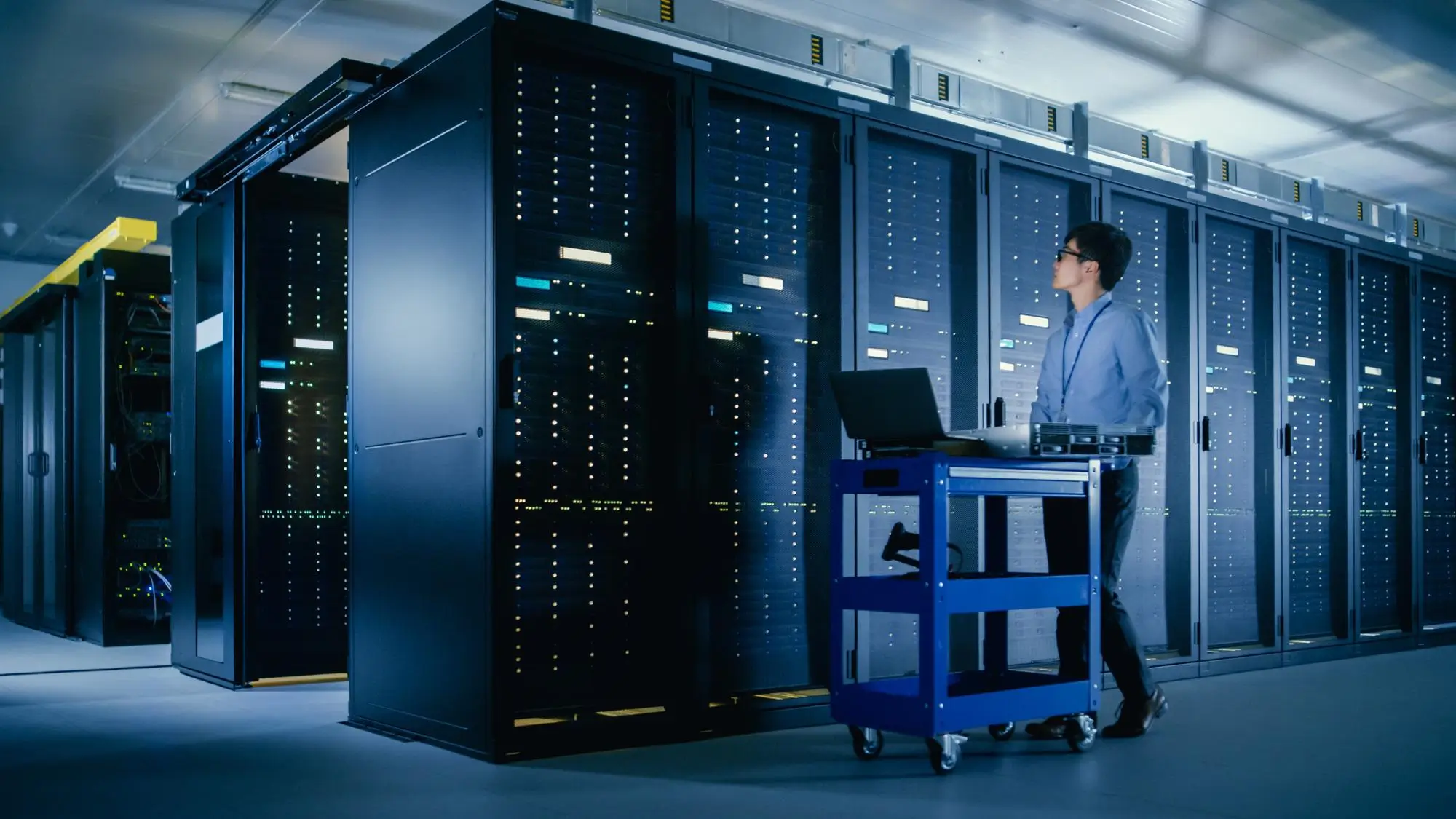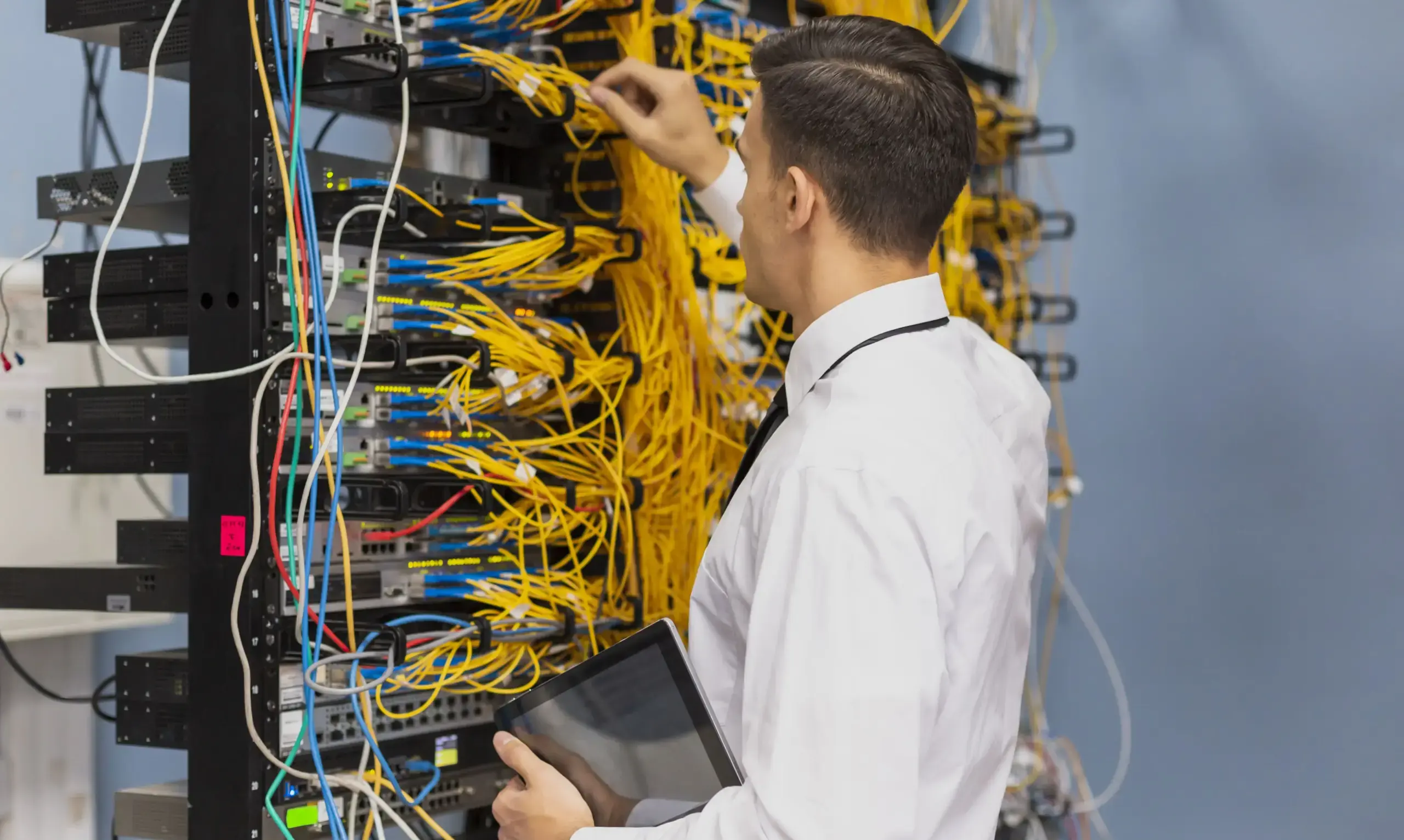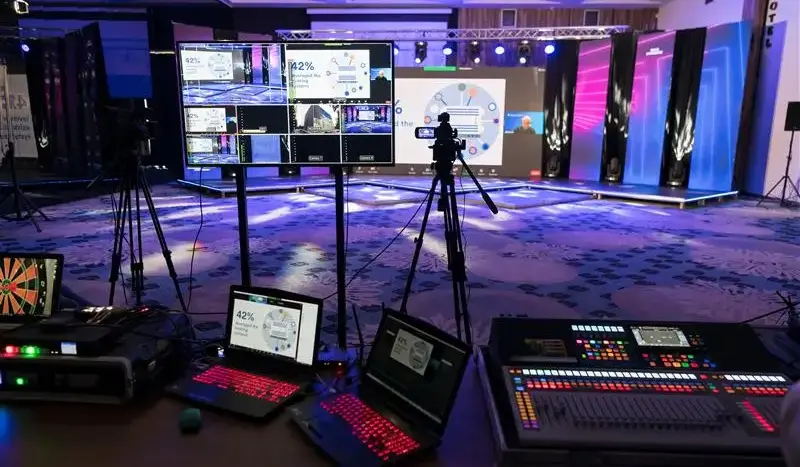industries We Serve
Powering Connectivity and Infrastructure Across Australia with innovative, reliable, and future-ready solutions.

Innovative Solutions for a Connected Future
At Virtus Group, we specialize in cutting-edge solutions across telecommunications, energy, media, smart infrastructure, AI, and cloud technologies. Our expertise ensures seamless connectivity, optimized efficiency, and future-ready innovations tailored to meet the evolving demands of businesses and industries worldwide. From building robust networks to powering smart cities and leveraging AI-driven insights, we drive digital transformation with reliability, scalability, and excellence at the core.
With a commitment to innovation and sustainability, we empower enterprises with advanced technologies that enhance operations, reduce costs, and improve scalability. Whether deploying next-generation fiber networks, implementing AI-powered analytics, or optimizing cloud infrastructure, we provide end-to-end solutions that foster growth, efficiency, and long-term success.
Our Key Industries
Empowering industries across Australia with tailored telecom, power, infrastructure, and construction solutions for seamless connectivity and sustainable growth.
Data centers and IT infrastructure are essential for modern businesses, ensuring secure data storage, seamless communication, and efficient operations. These facilities house servers, networking devices, and storage systems, supporting cloud computing and digital services. With increasing data demands, businesses are adopting energy-efficient solutions, advanced security, and scalable infrastructure to enhance performance, reduce costs, and ensure reliability in a fast-evolving digital landscape.
Emerging technologies like edge computing, AI, and software-defined networking are transforming IT infrastructure. Edge computing reduces latency, AI enhances automation, and SDN improves network flexibility. Cloud computing offers scalable solutions, enabling businesses to adapt efficiently. As digital transformation accelerates, integrating AI, big data, and 5G will drive innovation, enhance security, and optimize operations, ensuring organizations remain competitive in the evolving digital world.

In today’s dynamic business landscape, effective workforce solutions are crucial for optimizing productivity, efficiency, and employee satisfaction. Companies are leveraging advanced technologies such as AI-driven recruitment, remote work solutions, and employee management systems to streamline hiring and workforce operations. By integrating automation and data analytics, businesses can enhance workforce planning, improve decision-making, and ensure the right talent is in place to meet evolving industry demands.
Flexible workforce strategies, including gig work, hybrid models, and upskilling programs, are reshaping how businesses manage human capital. Organizations are investing in continuous learning and development to equip employees with future-ready skills. Cloud-based collaboration tools, AI-powered performance tracking, and diversity-focused hiring are driving innovation in workforce management. As industries adapt to digital transformation, robust workforce solutions are essential for fostering agility, engagement, and long-term business success.

Telecommunications and networking are the backbone of modern digital connectivity, enabling seamless communication, data exchange, and business operations. Advanced networking technologies, including 5G, fiber optics, and cloud-based solutions, enhance speed, reliability, and scalability for businesses and consumers alike. These innovations drive digital transformation, supporting industries such as healthcare, finance, and smart cities while ensuring secure and uninterrupted connectivity.
As demand for faster and more efficient communication grows, businesses are adopting software-defined networking (SDN), AI-driven automation, and edge computing to optimize network performance. Cybersecurity measures, including encryption and threat detection, are crucial for protecting sensitive data in an interconnected world. With the continuous evolution of telecommunications, companies must embrace next-generation networking solutions to stay competitive, improve efficiency, and support the increasing demands of a connected society.

Concrete and construction play a vital role in shaping modern infrastructure, providing durability, strength, and versatility for buildings, roads, and bridges. Advances in construction technology, including high-performance concrete, prefabrication, and sustainable building materials, are revolutionizing the industry. Smart construction techniques, such as 3D printing and automated machinery, enhance efficiency, reduce waste, and accelerate project timelines, ensuring cost-effective and environmentally friendly development.
As urbanization expands, the demand for resilient and sustainable construction solutions continues to grow. Innovations like self-healing concrete, energy-efficient designs, and IoT-enabled monitoring systems are improving structural integrity and long-term sustainability. The integration of AI, big data, and BIM (Building Information Modeling) enhances project planning and execution, minimizing risks and maximizing efficiency. By adopting modern construction methods, the industry is creating safer, more efficient, and eco-friendly infrastructure for the future.

Electric vehicle (EV) charging infrastructure is essential for the widespread adoption of sustainable transportation. With the rise of EVs, businesses and governments are investing in fast-charging stations, wireless charging technology, and smart grid integration to enhance accessibility and efficiency. Innovations such as ultra-fast DC chargers, solar-powered stations, and vehicle-to-grid (V2G) solutions are improving charging speed, reducing energy costs, and supporting renewable energy adoption.
As demand for EVs grows, expanding charging networks in urban areas, highways, and residential spaces is critical. Smart charging systems, powered by AI and IoT, optimize energy distribution, prevent grid overload, and enhance user convenience through mobile apps and real-time monitoring. The future of EV charging lies in sustainable, high-efficiency solutions that promote clean energy usage, reduce carbon footprints, and support the global transition to electric mobility.

The media and entertainment industry is evolving rapidly with the rise of digital streaming, immersive experiences, and AI-driven content creation. Innovations such as 4K/8K video, virtual reality (VR), augmented reality (AR), and cloud-based distribution are transforming how audiences consume content. Streaming platforms, personalized recommendations, and interactive media are enhancing user engagement, while advancements in content production, such as AI-generated visuals and deep learning-based editing, are reshaping storytelling.
As demand for on-demand and high-quality content grows, businesses are leveraging big data analytics, blockchain for digital rights management, and 5G connectivity for seamless streaming experiences. Social media, esports, and the metaverse are opening new avenues for entertainment, creating interactive and immersive digital ecosystems. With evolving consumer preferences and technological advancements, the industry is shifting toward more dynamic, accessible, and engaging content experiences for global audiences.

The energy and utilities sector is undergoing a digital transformation, integrating smart grids, renewable energy sources, and AI-driven analytics to enhance efficiency and sustainability. Solar, wind, and battery storage technologies are revolutionizing power generation, reducing reliance on fossil fuels, and promoting clean energy adoption. Smart meters, demand response systems, and real-time energy monitoring are empowering consumers and businesses to optimize energy consumption, lower costs, and reduce carbon footprints. These innovations are shaping a more resilient and efficient energy infrastructure for the future.
Smart cities leverage cutting-edge technologies, such as IoT, AI, and 5G, to enhance urban living, improve resource management, and create sustainable environments. Intelligent transportation systems, smart lighting, and automated waste management contribute to energy savings and operational efficiency. Advanced data analytics enable city planners to monitor air quality, traffic patterns, and energy usage, fostering a more connected and eco-friendly urban ecosystem. As cities continue to grow, integrating smart technologies will be crucial for improving infrastructure, enhancing quality of life, and ensuring a sustainable future.

Driving Success Through Tailored Solutions
Discover how Virtus Group can help you achieve your goals. Contact us today to discuss your project and explore our comprehensive solutions.